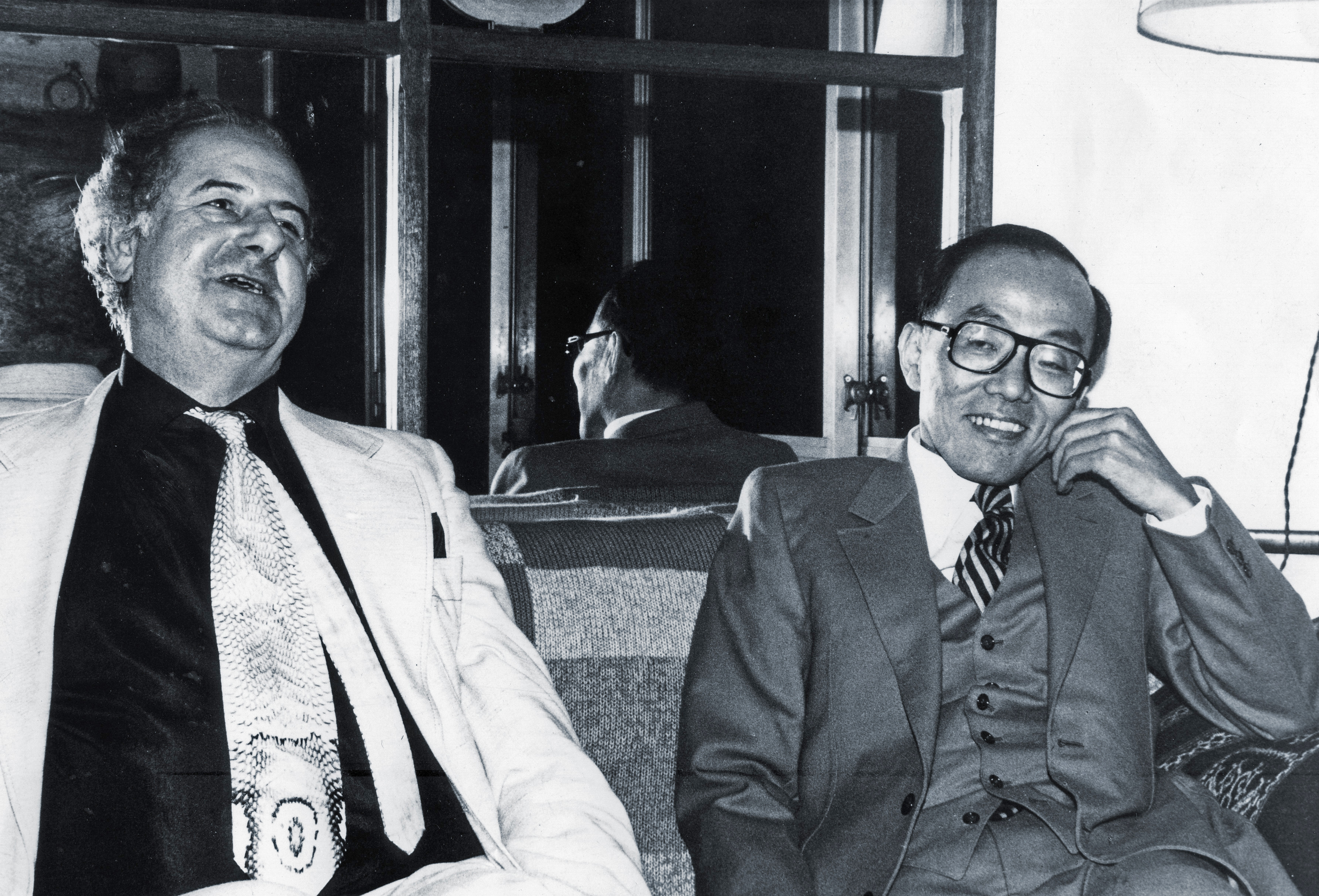In 1994, on the day when Kenzaburo Oe was announced as the winner of the Nobel Prize for Literature — the second Japanese writer to receive the award — eminent literary scholar Donald Keene received a long-distance call from Peter Owen, publisher of novelist Shusaku Endo's works in London, demanding to know why the Swedish judges had not given the prize to Endo instead.
Owen had done everything he could to ensure Endo took the ultimate prize — including wooing the Swedish judges over lunch — and was sure that Endo would win. But it was not to be.
Why had Endo been snubbed by the Nobel Committee? Owen speculated that it was due to pressure from the Japanese themselves, because Endo had written about controversial subjects, such as the appalling vivisections conducted by the Japanese military in World War II on captured American airmen in his early 1958 novel, "The Sea and Poison." Or perhaps it was simply because Endo was a Catholic and thus always regarded as an outsider in Japan, where less than 1 percent of the population are Christian.



















With your current subscription plan you can comment on stories. However, before writing your first comment, please create a display name in the Profile section of your subscriber account page.